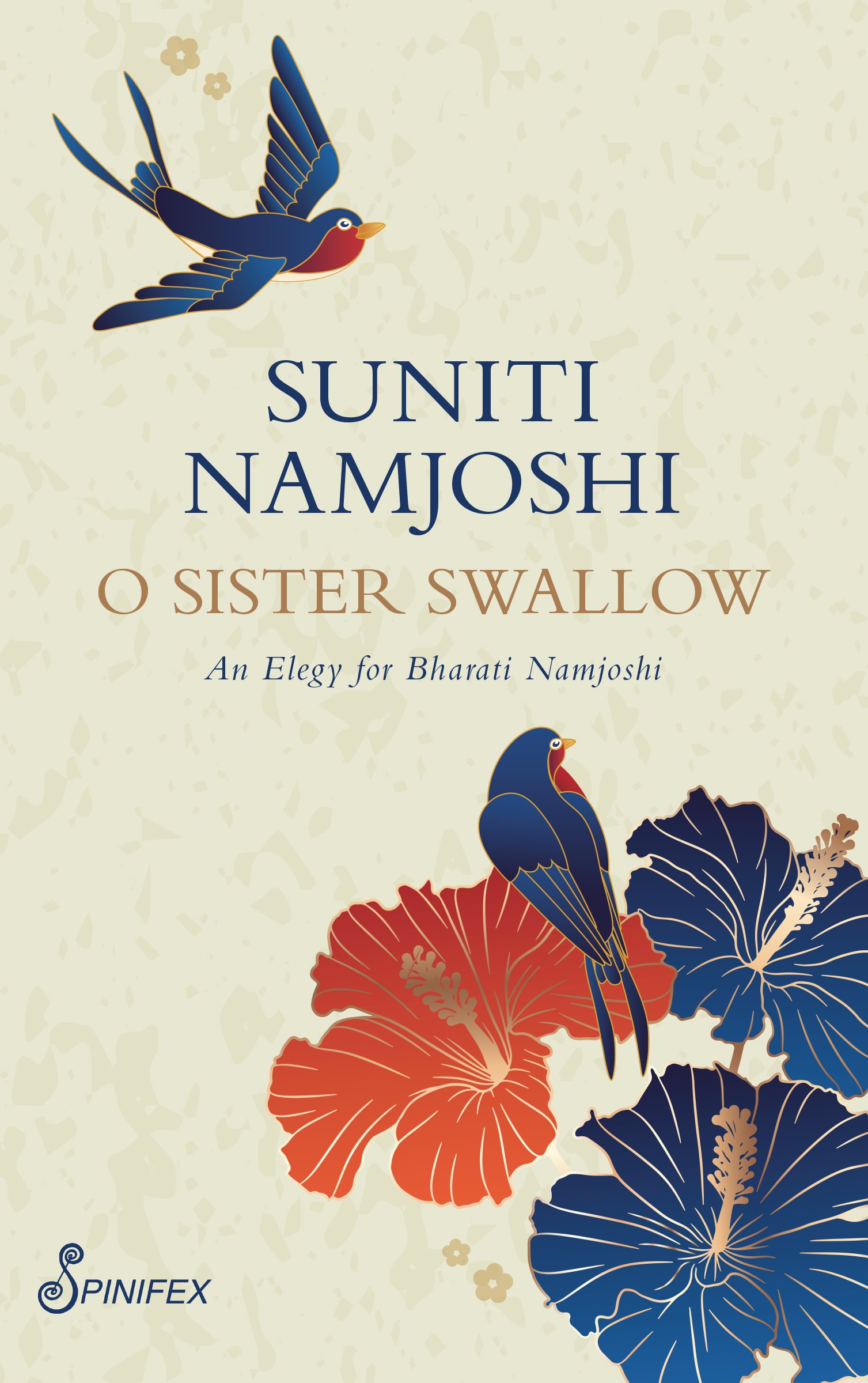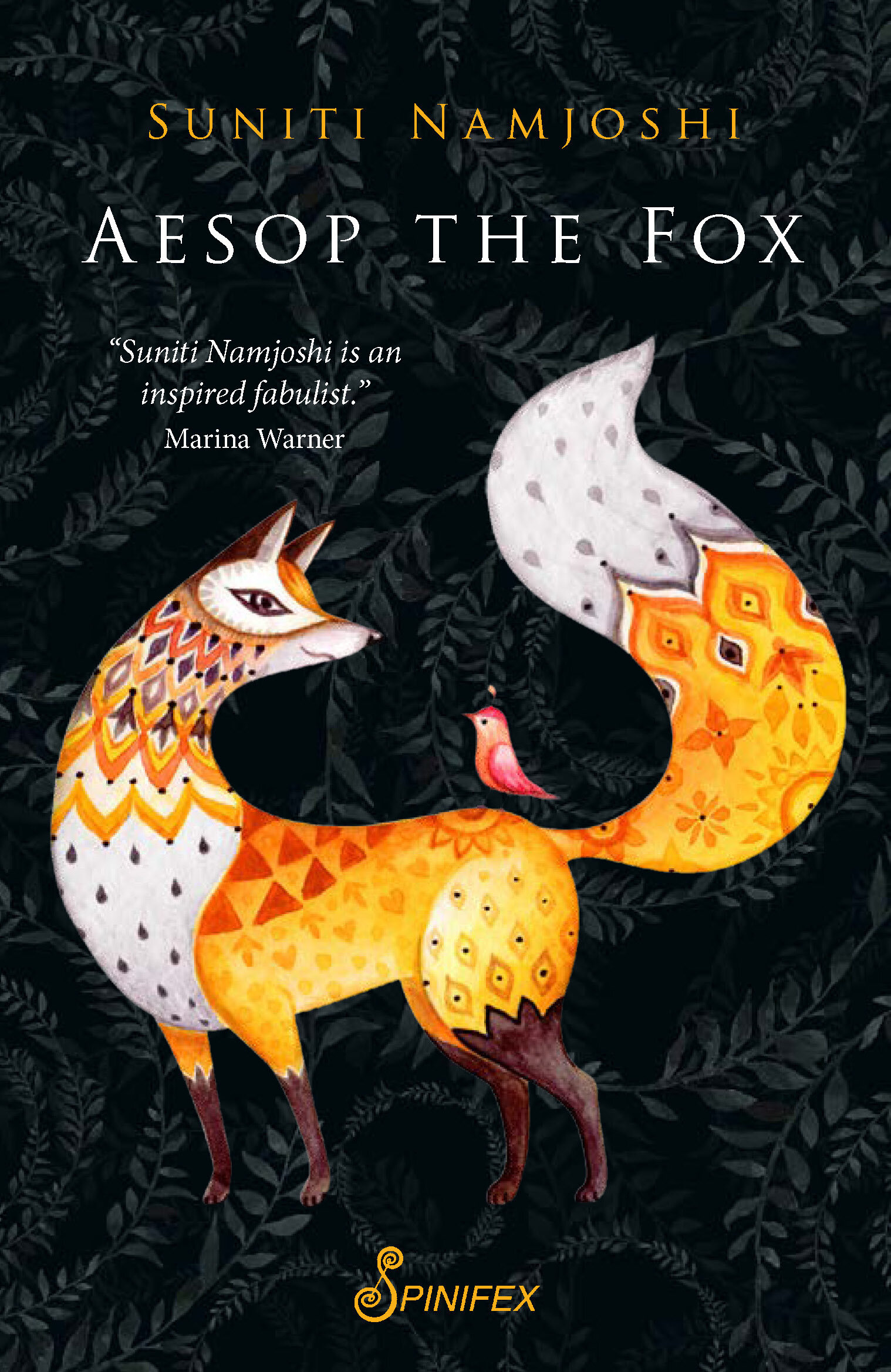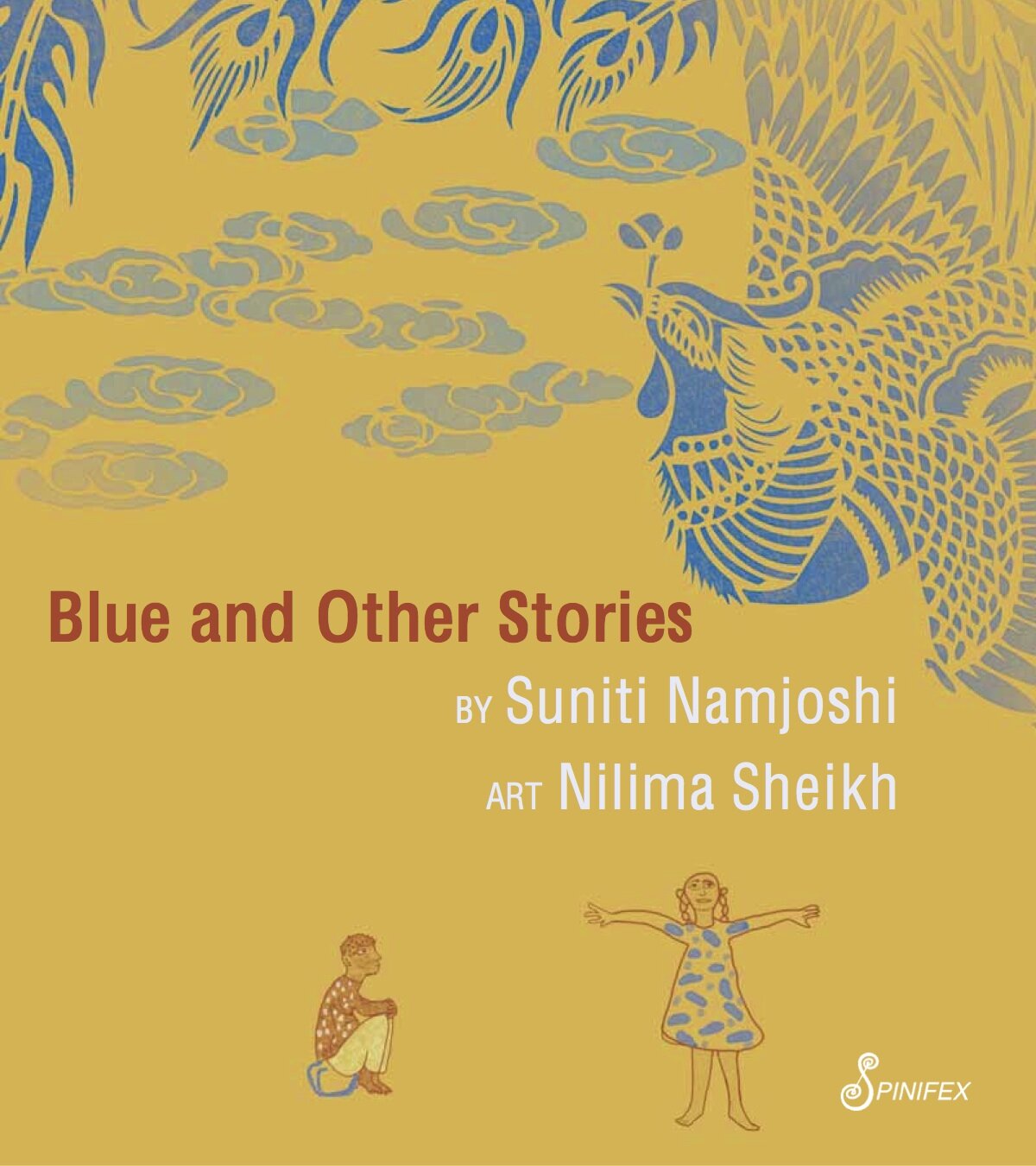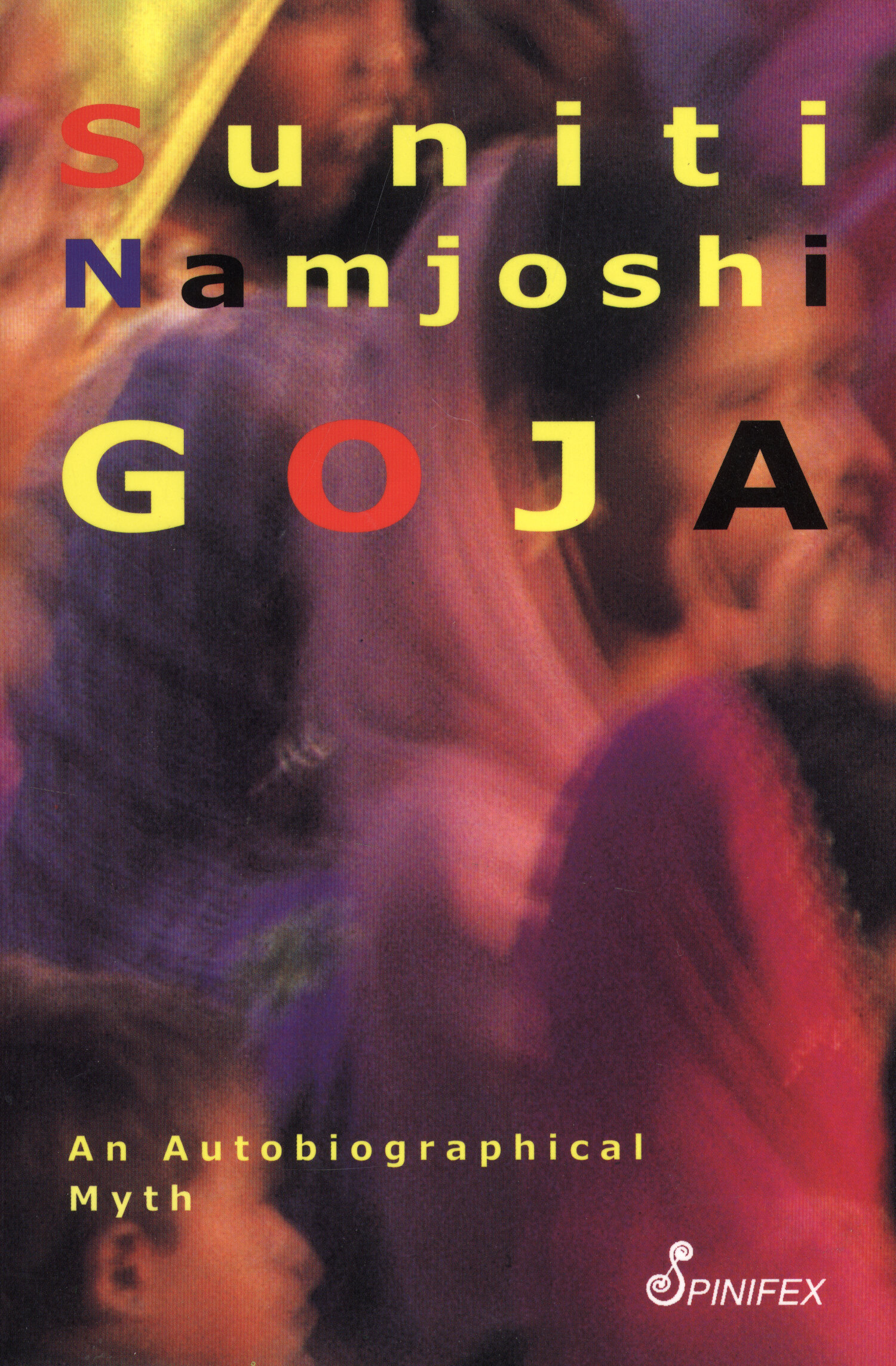Lucy Sussex launch speech for O Sister Swallow
21 May 2024
What I will be talking about today is joy and sorrow, the experience of both.
Firstly, the joy of an author with a long career, ‘nonetheless she persisted’, in this challenging publishing climate. Forty years Suniti Namjoshi has published, finding voice and print.
Secondly, the joy of an enduring relationship between author and publisher—here with Spinifex Press, a fruitful union for decades, double figures of books. Joy and something to celebrate!
Thirdly, the joy of a new book from this collaboration between author and publisher.
Fourthly, the joy of birds, as in the title of this book. Because birds are joyous creatures and the subject of this memoir loved them.
Now, to grief, the uses of, how we process it. And in doing so, survive. The subtitle of this book is ‘An Elegy for Bharati Namjoshi’. An elegy is something distinct, not an obituary, a summary of a life, nor a eulogy, which praises the dead—although the dead, like those living, are complicated beings. An elegy is a lament for the dead, expressed via Art. It may be as old as our ancestors the Neanderthals and the Denisovans.
These days an elegy is relatively rare, unlike biography. I can say that as a reviewer I have never reviewed an elegy. That makes this launch challenging. There are three types of elegy: the pastoral, the impersonal, and the personal, as in this case. The tendency is for elegies to be of and by (great) men, as with Dunbar’s ‘Lament for the Makers’, with not a woman cited. Dunbar considers the afterlife, again not applicable here. What Namjoshi has written is an elegy for a woman, which is grounded in the material, the richly experienced mundus, our world. It is also about a life not striving for greatness, ordinary (although all lives have something extraordinary about them). Such a life may not be often examined, but it yields riches beyond rubies.
O Sister Swallow brings many elements of Namjoshi’s artistic practice into play, play being a key word here—even when writing sorrow. She mingles form, verse and prose, and genre, realism, memoir and fabliau. The latter draws on various cultures, as with the opening poem, about sparrows but referencing the Anglo-Saxon Venerable Bede.
This eclectic mix is a means of building an edifice to a beloved sister. Bharati Namjoshi (1954-2021), lived with illness confining her largely to the domestic sphere, in a conservative culture. Yet she managed an artistic practice, painting without the ego-tantrums of the privileged male, bad-boy artist. To write disability is difficult, even without the practice of biography containing traps for the author. As Suniti wrote in her poem ‘Deaf Eurydice’ (for her beloved cat Suki):
And it’s then that
the temptation arises: to write a lie
on the water, scribblings on sand, or to descry
from the way that the leaves moved and the light
fell what shadows portend.
O Sister Swallow is about sisters, one of the more difficult relations, where sisters do not necessarily mean sisterhood. These two sisters were completely different: one living contentedly in an environment the other couldn’t inhabit; one a stay-at-home, the other a traveller; public intellectual and writer vs private artworker. Birds linked them, a shared interest, even with different birds on the other side of the world.
In any relationship there are things unexpressed, which needed to be said but never were. Death means they remain unspoken. The bereaved will suddenly discover something the beloved dead would have liked to hear, and then realise that mutual, pleasing communication is no more.
This book voices many of these things, and thus the reader enters into the lives of two sisters, to see them both as extraordinary. In chapter five the pair enter into an imagined dialogue, as true as Suniti’s dialogues with the cat Suki. They seem closer than in life, speaking what was never said before. Bharati recognizes her sister’s devastation at her death. She also communicates that a better world for her is a paradise for birds, not such a bad utopia.
Of course, O Sister Swallow is not a ghost story, a fiction, but a memoir with fiction/fabulism. With these tools it deals with the psychological truth of loss, from the visceral ‘I miss you!’, to the writing of this elegy. Through her bereavement Suniti memorializes Bharati, most memorably. On the last page of this book appear the words: ‘Can memory assuage?’ Perhaps not, but it is all we have in the end.
A launch is a word applied to both books and ships, though only the latter gets champagne bottles smashed over it at its debut. I once launched a vampire novel, with a bottle of blood red sparkling shiraz, handed to the author. A vessel of another kind opens this book, a pea-green boat for the sisters Namjoshi. For it, I would choose a green wine, like elderflower or green ginger, as the boat-book slides down the slipway into the sea.
I commend this book, its makers, and all who sail in her as reader. All hail to the SS O Sister Swallow, and her journeys.
Lucy Sussex
Watch the full online launch for O Sister Swallow on our YouTube Channel. Subscribe today.








